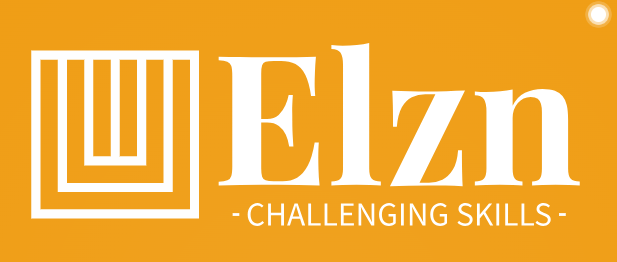Ethical writing is essential for maintaining credibility, originality, and academic integrity. Authors, students, and professionals face growing challenges in ensuring their work is unique and responsibly sourced. AI-powered solutions now provide effective tools to detect and prevent plagiarism, offering real-time guidance to support ethical writing practices. These systems not only identify copied content but also assist writers in creating original material by suggesting proper citations and improving sentence structure.
By integrating AI into the writing process, individuals can confidently produce authentic work while minimizing the risk of unintentional plagiarism to check on https://lidnews.com/plagiarism-in-the-age-of-ai-protecting-authentic-content-online/.
AI tools enhance ethical writing in several ways:
- Plagiarism Detection: Advanced AI algorithms scan documents against vast databases to detect copied content, ensuring originality before submission.
- Citation Assistance: AI recommends proper references and formatting, reducing mistakes in acknowledging sources.
- Content Paraphrasing: AI helps writers rephrase sentences effectively, preserving meaning while avoiding direct copying.
- Real-Time Feedback: Many platforms offer instant alerts on potentially unoriginal content, allowing users to make corrections immediately.
The benefits of using AI for ethical writing extend beyond simply catching plagiarism. These tools actively support the learning and writing process:
- Encourages Original Thinking: Writers are prompted to generate unique ideas rather than relying on existing material.
- Improves Writing Skills: Suggestions for sentence structure, word choice, and tone contribute to stronger and clearer writing.
- Saves Time: By automating reference checks and plagiarism scanning, writers can focus more on content creation.
- Maintains Professional Standards: Organizations and educational institutions can uphold ethical guidelines consistently with AI support.
Adopting AI solutions also addresses common challenges faced by writers:
- Accidental Plagiarism: Many instances of plagiarism are unintentional, caused by poor paraphrasing or missed citations. AI detects these errors before submission.
- Complex Referencing Rules: Different disciplines require different citation formats; AI simplifies this process.
- Volume of Content: Writers producing large amounts of content benefit from AI’s efficiency in checking originality across multiple documents.
Ethical writing is not only about avoiding plagiarism; it also reflects responsibility, honesty, and respect for intellectual property. AI empowers writers to maintain these principles while enhancing productivity and confidence. Its role is preventative as much as corrective, offering guidance and practical solutions at every stage of writing.
- Promotes Accountability: Writers can track and verify originality for each section of their work.
- Supports Education: Students learn correct citation and paraphrasing methods, reinforcing long-term ethical habits.
- Reduces Legal and Academic Risks: By minimizing copied content, AI helps avoid potential consequences of plagiarism.
Overall, AI solutions are transforming the approach to ethical writing. They provide effective, user-friendly support for maintaining originality, improving writing skills, and reducing plagiarism risks. Writers gain both assurance and practical assistance, making AI a valuable partner in producing credible and authentic content. By integrating these tools into the writing process, individuals can uphold integrity while enhancing the quality of their work.
